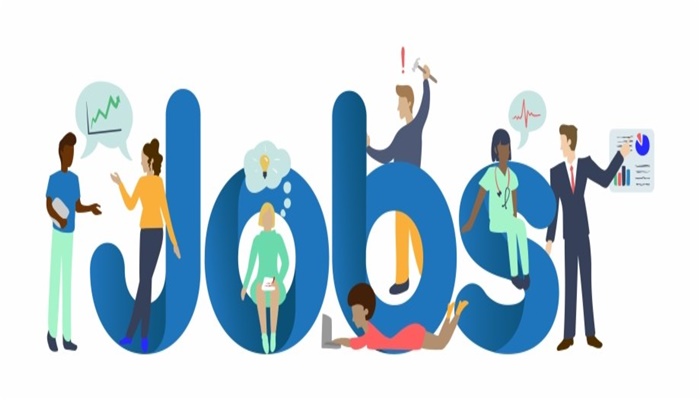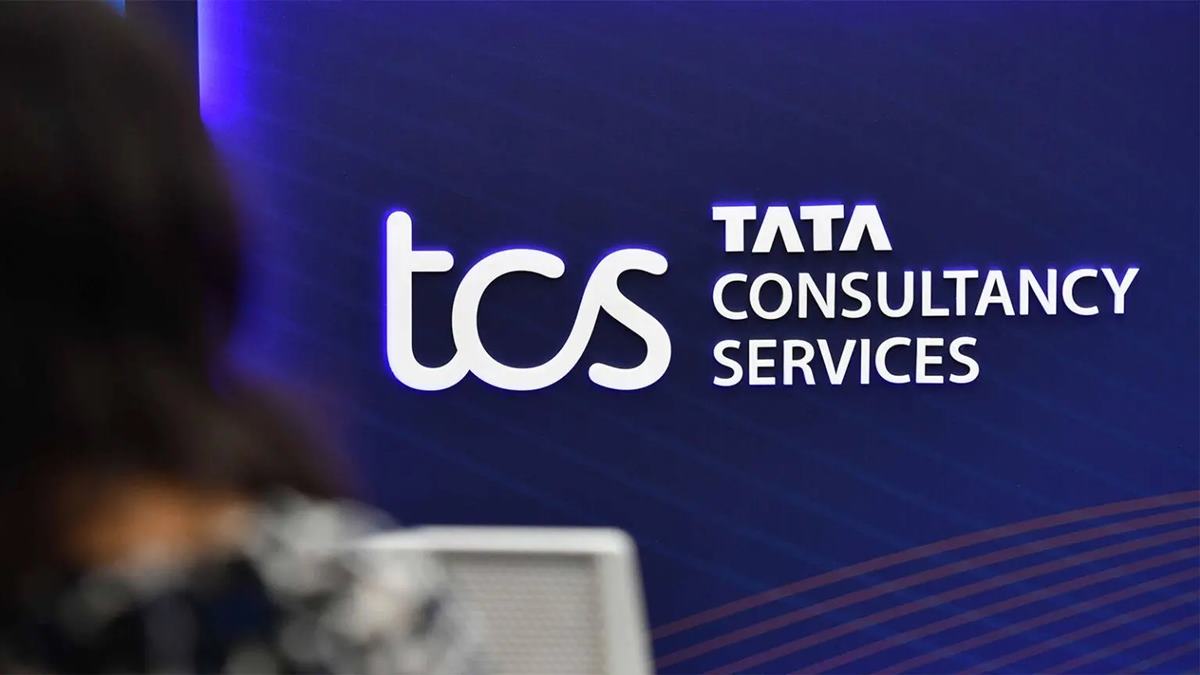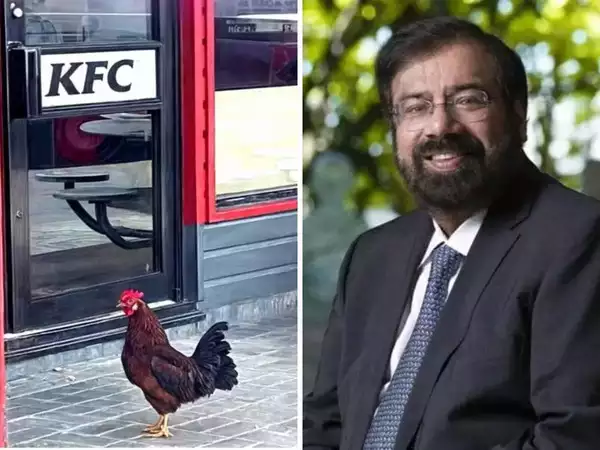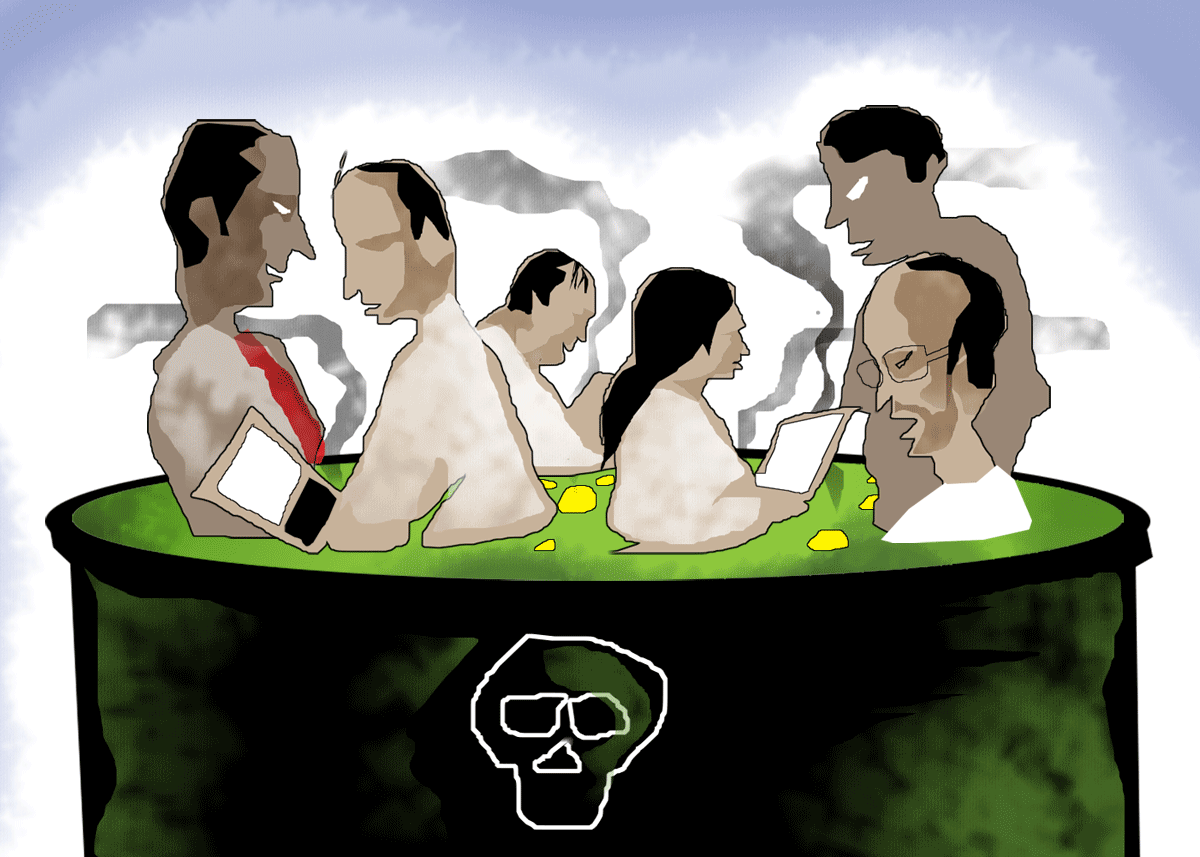In today’s fast-paced professional world, climbing the corporate ladder might seem like a solid long-term plan. But for many employees, especially those in multinational corporations (MNCs), the harsh reality is that the payoff might not last as long as expected. While the lure of a hefty paycheck and perks draws many into the corporate grind, the long-term sustainability of such a career path is often overlooked. Both industry veterans and business mentors are raising a red flag: the actual retirement age in many large companies is shrinking, often peaking far earlier than the traditional 60.
The Invisible Career Cliff at 45
Dr. A. Velumani, the visionary behind Thyrocare, recently amplified a growing concern about how corporate careers can derail unexpectedly by midlife. According to his perspective, many professionals who join large companies with great enthusiasm hit a professional ceiling earlier than anticipated. The pattern is recognizable: a dynamic start in the early twenties, high performance in the first 15 years, and then a decline that begins around the age of 35. At that point, career growth often slows, pay hikes taper off, and the job market begins to narrow.
The Illusion of Security and Reckless Financial Habits
Many corporate employees get caught in a cycle of spending rather than saving. Large salaries in the early stages of their careers often lead to lifestyle inflation. People begin to rely heavily on EMIs—car loans, home loans, credit card bills—without setting aside enough savings or investing wisely. When professional setbacks arise, such as a stagnating role or layoffs, they are left vulnerable, with no fallback plan in place. Frequent job switches from ages 35 to 45 become the norm, not because of ambition, but due to lack of growth, job redundancy, or downsizing.
The Importance of Knowledge Over Years
Experience alone no longer guarantees job security. In an ever-evolving corporate environment, continuous learning and skill enhancement are crucial. Dr. Velumani stresses the importance of accumulating knowledge as one climbs the corporate ranks. Without ongoing learning, even a decade or more of experience can become irrelevant. Staying relevant through upskilling, certifications, and industry awareness is not optional—it’s survival.
The Mid-Career Wake-Up Call
Business strategist Rajiv Talreja echoes similar concerns. He argues that many professionals face an unexpected reality check between the ages of 42 and 45. Companies are cutting down on mid-level employees, labeling them as “payroll cholesterol”—cost-heavy resources that offer diminishing returns. Without a parallel source of income—such as investments, rental yields, or entrepreneurial ventures—families depending solely on a corporate job may find themselves in a precarious financial situation.
The Need for a Second-Innings Strategy
Corporate professionals must shift their mindset. A job should not be their only asset. Building a robust investment portfolio, acquiring tangible income-generating assets, and cultivating entrepreneurial thinking are essential. Planning for a stable second innings is not just wise—it’s necessary. The corporate world may offer a good start, but without preparation, the finish line might arrive sooner than expected.




















